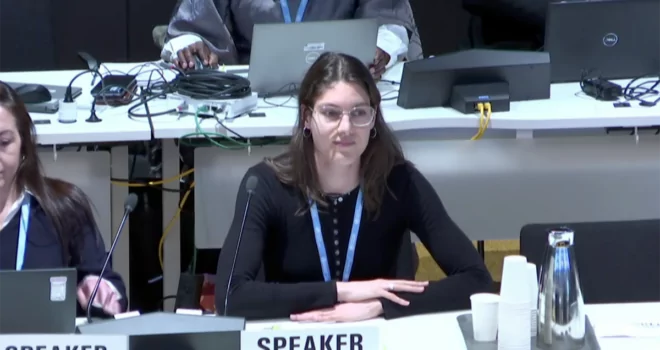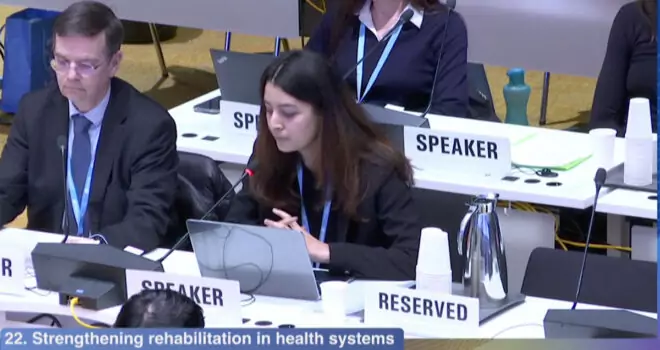“Cardiovascular diseases (CVD) are of social-economic importance, taking into account that CVD are the second cause of mortality and morbidity in this country,” highlighted Dr. Ephantus Maree, Head of the Division of Non-communicable Diseases (NCDs) in the Ministry of Health (MoH) in Kenya. For this reason, the MoH joined forces with the Kenya Cardiac Society (KCS) and the World Heart Federation (WHF) to accelerate the dissemination and uptake of the National Guidelines for the Management of Cardiovascular Diseases.
Launched by the MoH in 2018, the National CVD Guidelines are a key resource to improve the health outcomes of people living with heart diseases and equip health workers at all levels to prevent, treat and manage cardiovascular disease and their risk factors. Less than a year after the launch of the CVD Guidelines, KCS and WHF, in collaboration with the Ministry of Health and with the support of Access Accelerated, are working to disseminate them to 2,000 health workers and 100 health facilities in five counties in Kenya and to improve heart health outcomes for an estimated 10,000 patients as a result.
The initial phase involved organizing a training session for CVD Trainer of Trainees (TOTs), who will champion the dissemination of the guidelines at the county and sub-county level. The TOT training was held between 10-21 June 2019 and convened 25 participants nominated from five counties for a 3-day training workshop which was held in Nairobi.
“This workshop has brought together representatives from five counties – Kisumu, Kitui, Isiolo, Nyandarua and Kitui –to train what we call champions. These are health professionals, medical officers and clinical officers, who can champion the dissemination of these guidelines down to the county level,” said Dr. Lilian Mbau, CEO of the Kenya Cardiac Society, about the TOT 3-day meeting.
The workshop focused on four modules of the CVD guidelines: CVD prevention, Hypertension, Heart Failure and Rheumatic Heart Disease (RHD). Prof. Fred Bukachi, one of the workshop faculty members, emphasized the importance of hypertension control among the four modules: “Hypertension is at the centre of cardiovascular complications in this country, leading to strokes, heart failure, heart attacks, kidney disease, and all other complications that fill almost 60 percent of our wards. If we manage to be able to share this knowledge from the guidelines with the vast majority, if not with all, health workers in this country we are likely to reduce the barrier to healthcare.”
Building on the lessons learned from the TOT workshop, KCS and the MOH are holding county-level dissemination trainings between September-October 2019, targeting a total of 300 health professionals drawn from health facilities across each of the five counties. The Trainers who met in June will play a key role in supporting the organization and facilitation of these workshops as well as participate in mentorship of health workers in their respective counties.
Here are some of the Trainers impressions from the TOT workshop and the lessons that they are taking forward into the county level dissemination:
Dr. Emmanuel Benge, Kisumu County: “We create a plan that we shall be disseminating this information back in Kisumu county. And we are also hoping to be able to have these guidelines reach every dispensary in Kisumu county, so that we standardize the management of hypertension, heart failure and RHD.”
Dr. Rachiel Wanjiku, Kitui County: “We wish to congratulate the various stakeholders for this great achievement of launching our very own guidelines on CVD and for this very timely workshop. I’m glad to be part of the team that will disseminate and champion the implementation of the guidelines in the various counties.”
Dr. Maityo Abdinoor, Isiolo County: “Thank you for the experience and for the knowledge given to us by the professors and the Ministry at large.”


